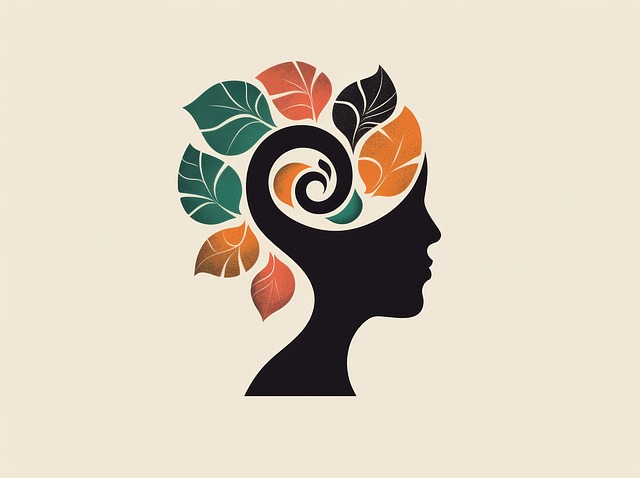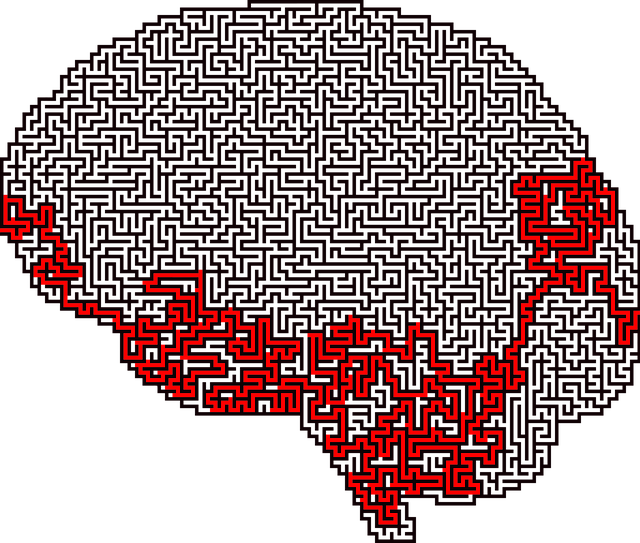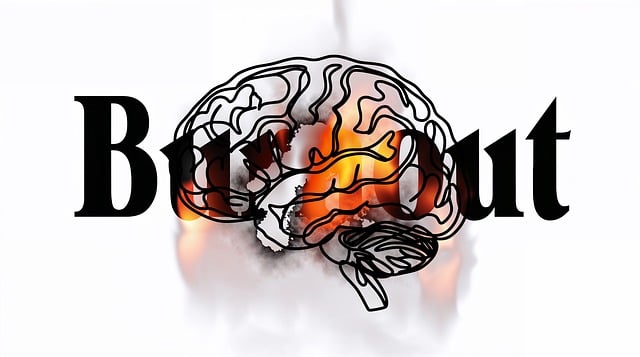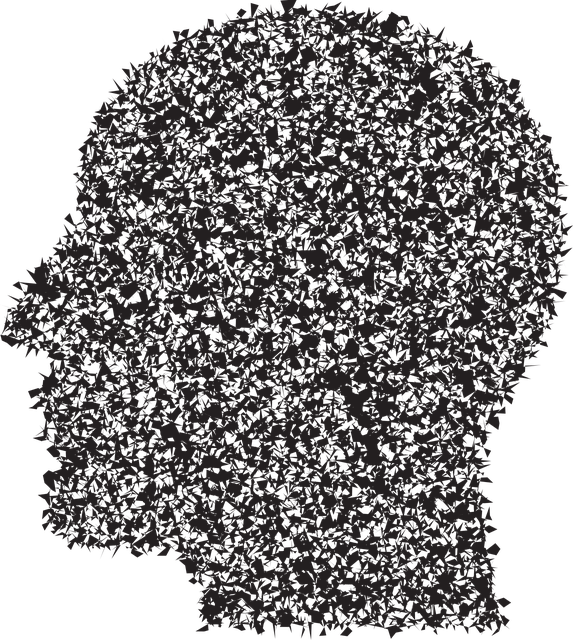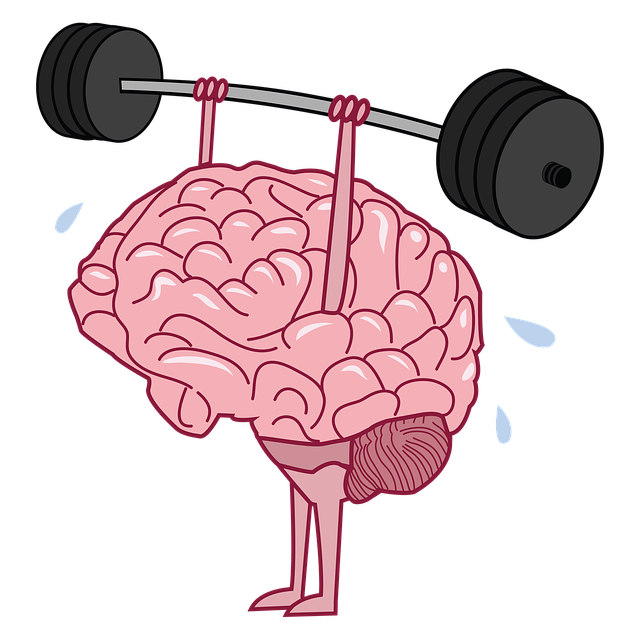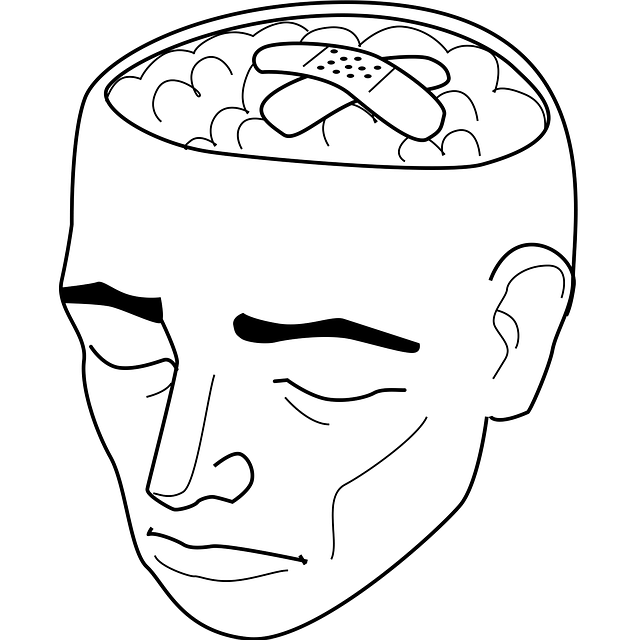Cultural competency in healthcare is crucial for addressing diverse patient needs, including those with Oppositional Defiance Disorder (ODD). It involves understanding and respecting varied cultural backgrounds to build trust, enhance communication, and tailor care. Training programs like Parker ODD Therapy educate providers on unconscious biases, fostering inclusive environments that improve outcomes for marginalized communities. Integrating mental health care through evidence-based approaches like Parker ODD Therapy promotes open discussions, teaching coping skills and conflict resolution strategies. Overcoming challenges in training requires strategic planning, empathy exercises, cultural reflection activities, and role-playing scenarios. These initiatives not only enhance patient outcomes but also improve healthcare team dynamics and community health outcomes.
In today’s diverse healthcare landscape, cultural competency training for providers is more crucial than ever. Understanding and addressing biases is essential to ensuring equitable patient care, especially for marginalized communities. This article explores the transformative power of such training, focusing on its impact on reducing provider biases and improving patient outcomes. We delve into specific strategies for integrating mental health care practices, with a particular emphasis on Parker Oppositional Defiance Disorder (ODD) Therapy, as a means to foster cultural sensitivity in clinical settings.
- Understanding Cultural Competency in Healthcare: A Necessary Approach
- The Impact of Training on Provider Biases and Patient Outcomes
- Integrating Mental Health Care: A Focus on ODD Therapy
- Overcoming Challenges: Implementing Effective Training Programs
Understanding Cultural Competency in Healthcare: A Necessary Approach

Cultural competency in healthcare is an essential aspect that often goes beyond treating physical ailments; it’s about understanding and respecting diverse cultural backgrounds, beliefs, and values within a community. This approach is crucial for building trust between healthcare providers and patients from various ethnic and social groups, ensuring effective communication and tailored care. In today’s diverse society, where patient populations are increasingly multifaceted, this skill set is not just beneficial but necessary. For instance, when addressing issues like Oppositional Defiance Disorder (ODD) in therapy, a culturally competent practitioner can tailor their approach to the patient’s unique context, potentially leading to better outcomes for treatment plans like those involving Parker ODD Therapy.
The importance of cultural competency extends beyond patient interactions, impacting healthcare teams’ overall well-being. It helps prevent burnout among providers who are better equipped to navigate complex interpersonal dynamics. This is where strategies such as mental wellness journaling exercises and resilience-building activities prove valuable. By fostering a culturally sensitive work environment, healthcare organizations can also reduce staff turnover rates, thereby enhancing long-term sustainability and community health outcomes.
The Impact of Training on Provider Biases and Patient Outcomes

Healthcare provider training focused on cultural competency can significantly mitigate biases that may impact patient care. By equipping professionals with the knowledge and skills to recognize and address their own unconscious prejudices, these programs foster a more inclusive environment where diverse patient needs are understood and met effectively. This shift leads to improved patient outcomes, especially for marginalized communities often facing barriers to quality healthcare due to cultural misunderstandings or insensitivity.
For instance, training in oppositional defiance disorder (ODD) therapy, as part of broader mental health education programs design, can help providers tailor interventions that consider the unique cultural backgrounds and experiences of their patients. Self-awareness exercises and practices that promote self-esteem improvement can also contribute to more empathetic interactions, ultimately enhancing communication and trust between healthcare professionals and individuals from various ethnic, racial, or socio-economic groups.
Integrating Mental Health Care: A Focus on ODD Therapy

Integrating mental health care is a vital component of comprehensive healthcare provider training, particularly when addressing conditions like Oppositional Defiant Disorder (ODD). ODD is a common childhood behavioral disorder characterized by persistent anger, irritability, and defiant behavior. Parker Oppositional Defiance Disorder Therapy (ODDT) offers an evidence-based approach to managing these symptoms. By integrating ODDT into their practice, healthcare providers can enhance their ability to support young patients and their families, fostering resilience building and coping skills development.
This therapeutic framework goes beyond addressing the symptoms by also targeting the underlying causes of ODD. It aims to reduce mental illness stigma through a supportive environment, encouraging open discussions about emotional experiences. The strategy involves teaching effective communication techniques, conflict resolution strategies, and positive reinforcement, all of which contribute to improving relationships and overall well-being.
Overcoming Challenges: Implementing Effective Training Programs

Implementing effective cultural competency training programs can be challenging, especially when addressing sensitive topics like oppositional defiance disorder (ODD) and its connection to cultural background. Healthcare providers often face barriers such as time constraints, resistance from colleagues, or difficulties in finding suitable educational materials. However, these challenges can be overcome with strategic planning and a commitment to continuous improvement.
One key strategy is incorporating empathy building strategies that foster understanding and connect with patients from diverse backgrounds. This involves active listening, cultural reflection exercises, and role-playing scenarios tailored to address ODD symptoms rooted in specific cultural contexts. Additionally, integrating trauma support services and focusing on emotional healing processes can significantly benefit patients dealing with ODD and related cultural stressors. By implementing these approaches, healthcare providers can create a more inclusive environment, improve patient outcomes, and effectively navigate the complexities of diverse populations, including those with ODD.
Cultural competency training in healthcare is no longer a choice but an imperative. By addressing biases and enhancing understanding, these programs significantly improve patient outcomes, especially for marginalized communities. Integrating mental health care, such as Parker Oppositional Defiance Disorder (ODD) Therapy, benefits from this approach, fostering more inclusive and effective treatment. Overcoming challenges through well-designed training programs ensures that healthcare providers can navigate complex cultural landscapes, ultimately providing better care to a diverse patient population.
